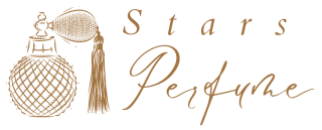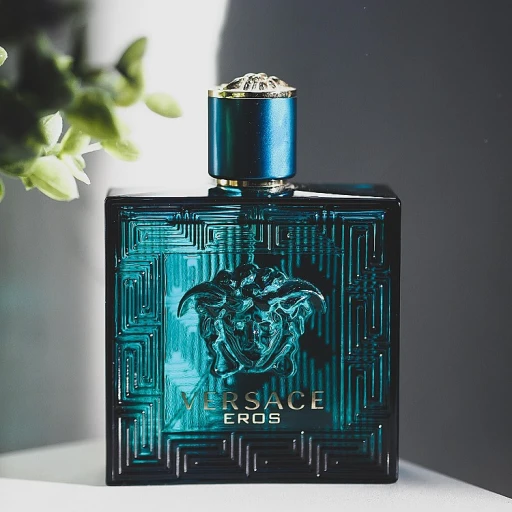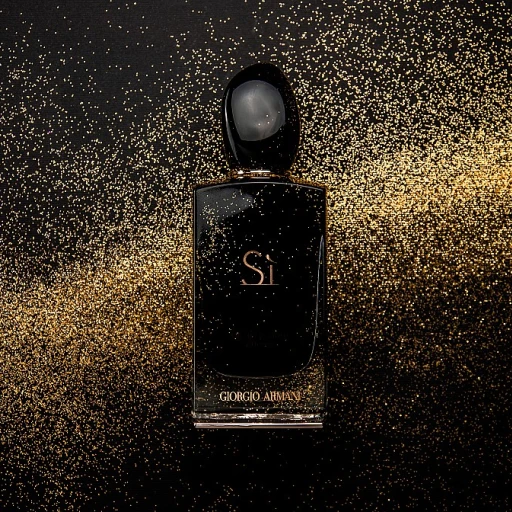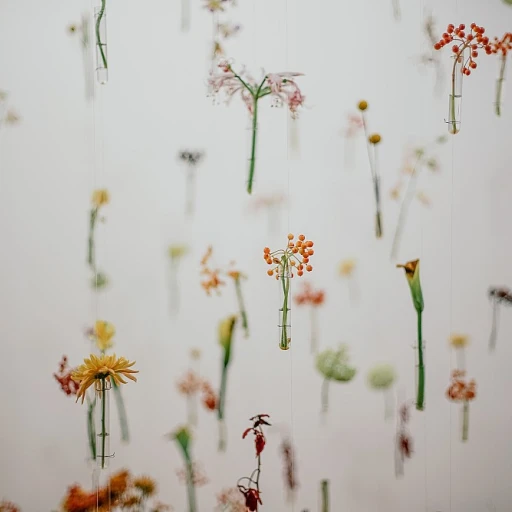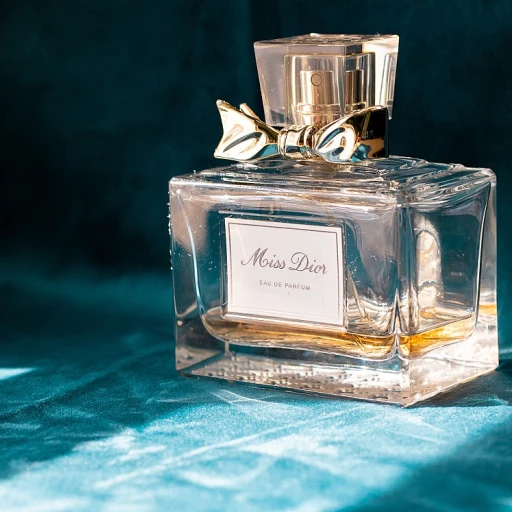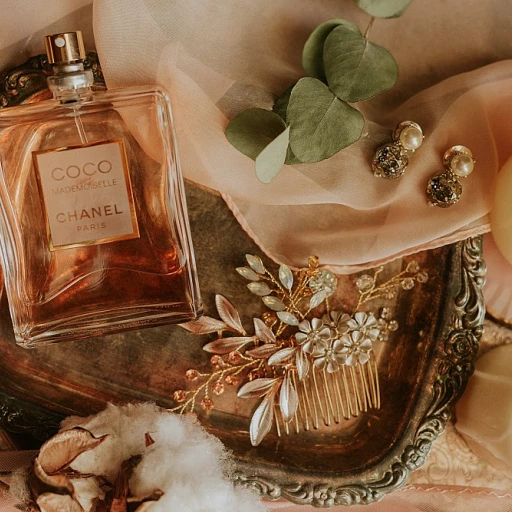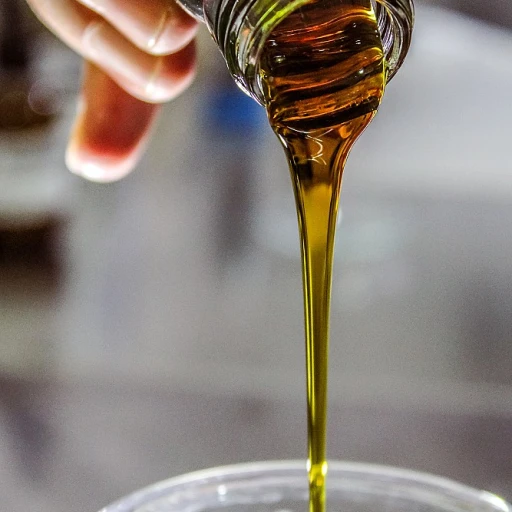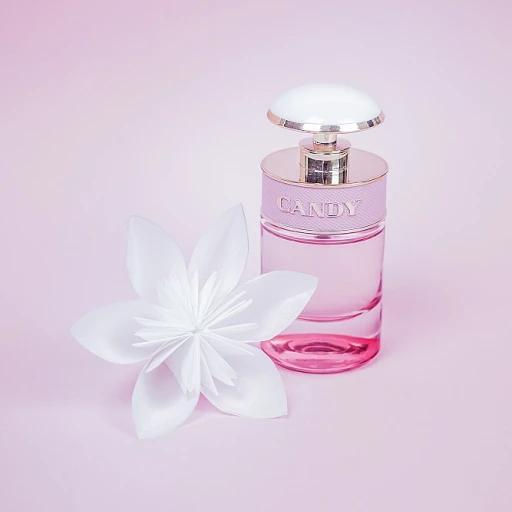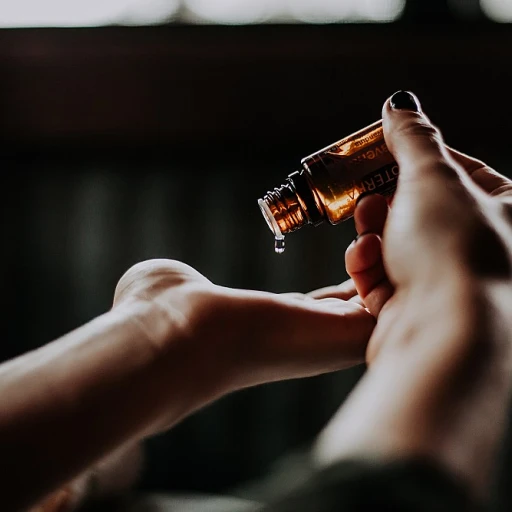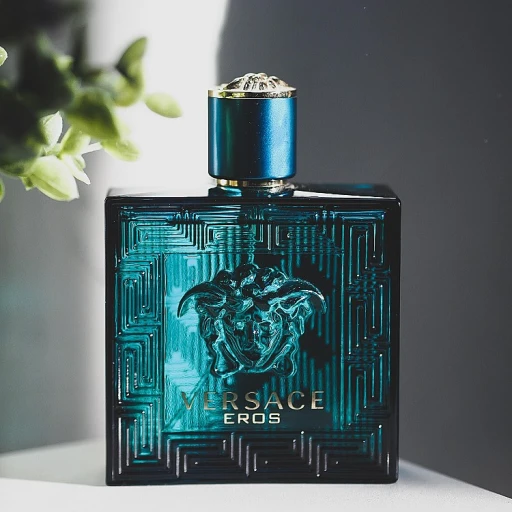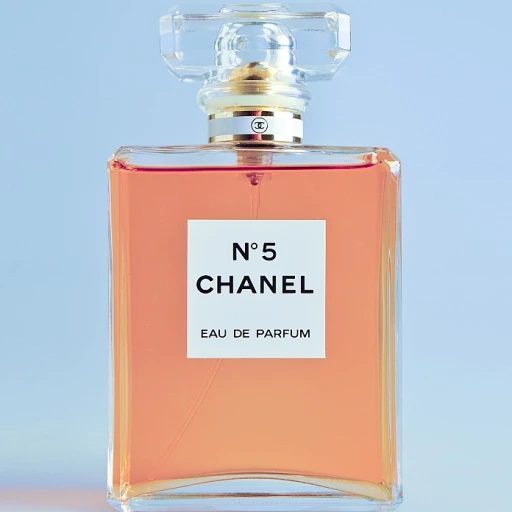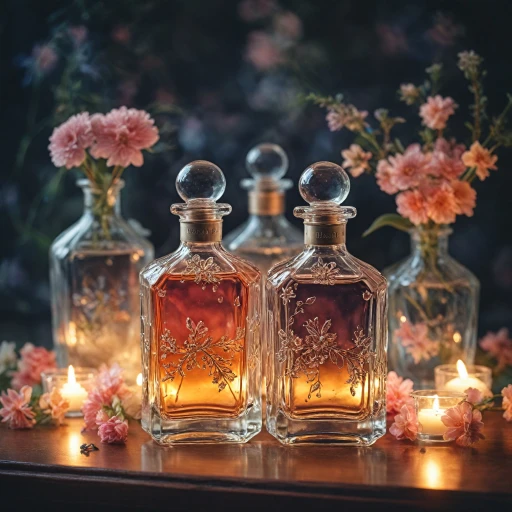
Understanding the essence of perfume and attar
The Distinction Between Perfume and Attar
Perfume and attar are both celebrated in the world of fragrance, yet they offer distinct experiences. Perfume, often known as eau parfum or perfume oil, typically blends essential oils, alcohol, and water. Attar, on the other hand, is an alcohol free product, crafted by distilling natural ingredients like rose, oud, sandalwood oil, jasmine, and musk into a concentrated oil. This difference in composition shapes not only the scent but also the longevity and projection of the fragrance.
What Makes Attar Unique?
Attars are deeply rooted in the traditions of the Middle East and South Asia. These oil based fragrances are prized for their long lasting character and the purity of their natural ingredients. Unlike many commercial perfumes that rely on synthetic chemical compounds, attar oils are typically derived from plant and flower extracts, making them a favorite for those seeking a more natural scent profile. The absence of alcohol in attar perfumes means they are gentle on the skin and suitable for sensitive users.
Perfume: A Modern Alchemy
Modern perfumes are a blend of artistry and science. Perfumery today involves a careful balance of essential oil, aroma molecules, and fixatives to create products that appeal to a wide audience. The price of perfumes can vary greatly, influenced by the rarity of ingredients like oud or attar roses, the concentration of oils, and the brand’s reputation. Whether you’re shopping for a regular price or a sale price product, understanding the composition helps you appreciate the value behind each bottle.
Choosing Between Attar and Perfume
- Attar oils are ideal for those who prefer a subtle, intimate scent that evolves with body heat.
- Perfume oils and perfume attar offer a stronger projection and are often chosen for their versatility.
- Natural attars are often more expensive due to the labor-intensive extraction process and the high cost of raw materials.
- Alcohol-based perfumes may offer a wider range of fragrances and are easier to layer for a personal signature scent.
Understanding Value and Authenticity
When exploring fragrance products, it’s important to consider authenticity and ingredient quality. The price usd of a bottle can reflect the purity of the oils used, the concentration of perfume oils, and the craftsmanship involved. Whether you’re adding to cart a perfume oil or a classic attar oil, always check for transparency in sourcing and production. For a deeper dive into the world of fragrance and its spiritual dimensions, discover the essence of spirit perfume and how it shapes our sensory experiences.
The art of layering scents for a personal signature
Crafting Your Unique Fragrance Identity
Layering scents is a cherished ritual among fragrance lovers, allowing you to create a signature that is truly personal. Whether you favor oil-based attars, classic perfumes, or a blend of both, the art of combining fragrances opens up a world of creative expression. This practice is especially popular with natural attar oils and perfume oils, which offer depth and longevity without the interference of alcohol. The Middle East, renowned for its rich perfumery traditions, has long embraced layering, especially with products like oud, musk, sandalwood oil, and rose attar.
- Start with a base: Apply a natural oil or attar oil, such as sandalwood or musk, directly to pulse points. These oils act as anchors, enhancing the longevity of your chosen scent.
- Add complexity: Layer a complementary perfume or eau parfum over the base. For example, a jasmine perfume oil can bring floral brightness to a deeper oud or amber attar.
- Experiment with texture: Try mixing alcohol-free attar perfumes with traditional alcohol-based perfumes. This can create a multidimensional effect, as oil-based products tend to linger close to the skin while alcohol-based fragrances project more.
- Mind the concentration: Perfume oils and attars are highly concentrated, so a little goes a long way. Adjust the amount to suit your preference and the occasion.
When selecting products for layering, consider the price and sale price of each fragrance. While niche attars and essential oils can command a higher regular price, their long-lasting nature and unique chemical compounds often justify the investment. Many enthusiasts find that a small collection of versatile attar perfumes, perfume oils, and eau parfum can be mixed and matched for endless combinations, making each day a new olfactory adventure.
For those new to layering, start with classic pairings like rose and oud, or jasmine and musk. These combinations are timeless in perfumery and work beautifully with both modern and traditional products. If you’re curious about the allure of scent layering and want to dive deeper into the journey of creating your own signature, explore this guide on the allure of perfume.
Remember, the beauty of fragrance lies in experimentation. Whether you’re adding a new attar oil to your collection or seeking the perfect alcohol-free perfume attar, trust your senses and enjoy the process. The world of fragrance is vast, and each product—be it attar roses, oud oils, or jasmine perfume oil—offers a new way to express your individuality.
Navigating the challenges of finding niche fragrances
Finding Your Unique Scent in a Crowded Market
For fragrance lovers, discovering a truly unique perfume or attar can feel like searching for a hidden gem in a vast sea of products. The market is saturated with mainstream perfumes, but niche fragrances, especially those rooted in natural oils and traditional perfumery, offer a more personal and memorable experience. Yet, the journey to find these treasures is not without its challenges.
- Overwhelming Choices: With countless perfume oils, attar perfumes, and eau parfum options available, it’s easy to feel lost. Many brands promise long lasting scents, but not all deliver on quality or authenticity. The difference between alcohol-based and alcohol free products, or between essential oil blends and synthetic chemical compounds, can be confusing for even seasoned enthusiasts.
- Transparency and Ingredients: Niche attars and perfume oils often highlight natural ingredients like oud, sandalwood oil, musk, rose, and jasmine. However, not every product is clear about its composition. Understanding what goes into your fragrance—whether it’s oil based or contains alcohol—can help you make informed choices and avoid disappointment.
- Price vs. Value: The price of niche fragrances and attar oils can vary dramatically. While some products are offered at a regular price, others may have a sale price or be listed in price USD, making comparison tricky. It’s important to weigh the cost against the quality, longevity, and uniqueness of the scent. Sometimes, a higher price reflects rare ingredients or artisanal craftsmanship, especially with attar roses or oud-based attar perfumes from the Middle East.
- Accessibility: Many niche perfumes and attars are not widely available in mainstream retail. Online stores often provide a broader selection, but the inability to test a scent before you add cart can be a barrier. Sampling smaller sizes or seeking out detailed product reviews can help reduce the risk.
To navigate these challenges, consider focusing on brands that prioritize transparency and use high-quality natural oils. Look for detailed descriptions of products, including whether they are alcohol free or oil based, and seek out reviews from trusted sources. Engaging with the fragrance community can also provide valuable insights and recommendations for hidden gems.
For more on how to embrace the world of niche fragrances and what makes a scent truly stand out, explore this in-depth look at the allure of perfume.
Sensory experiences: how to fully appreciate perfume and attar
Engaging All the Senses with Perfume and Attar
To truly appreciate a fragrance, it’s important to move beyond simply smelling it. The world of perfume and attar invites you to engage all your senses, from the first encounter with the bottle to the lingering trail hours later. Whether you’re exploring a new oud oil, a classic rose attar, or a modern eau parfum, the experience is richer when you pay attention to every detail.
How to Experience Scent Like a Connoisseur
- Visual: Observe the color and clarity of the oil or perfume. Natural attars and oil-based perfumes often have a golden or amber hue, while alcohol-based products may appear lighter. The packaging and bottle design can also hint at the product’s origin, quality, and price.
- Touch: Feel the texture of perfume oils or attar oils on your skin. Oil-based attar perfumes are typically richer and more moisturizing compared to alcohol-based fragrances. This tactile sensation can influence how the scent develops and lasts.
- Smell: Apply a small amount to your pulse points. Notice the evolution from top notes (like jasmine or citrus) to heart notes (rose, sandalwood oil, or musk) and finally the base (oud, amber, or other essential oils). Each phase reveals different chemical compounds and natural ingredients.
- Longevity: Pay attention to how long the fragrance lingers. Attar oils and alcohol-free perfumes are often more long lasting, making them a favorite in the Middle East and among those who prefer natural products.
Tips for Savoring Perfume and Attar
- Test fragrances on your skin rather than paper to experience the true interaction with your body chemistry.
- Compare the regular price and sale price of products, but remember that quality attars and perfume oils often justify a higher price USD due to the rarity of natural ingredients.
- Try layering different oils or attar perfumes to create a unique scent profile. Combining musk with rose or sandalwood oil with oud can result in a signature fragrance that stands out.
- When shopping online, look for detailed product descriptions and ingredient lists. Click on options like “add cart” only after reading about the source of oils and the presence of alcohol or chemical compounds.
Building Your Scent Memory
Every fragrance tells a story. Take notes on how each perfume attar or oil makes you feel, the memories it evokes, and how it changes throughout the day. Over time, you’ll develop a personal library of scent experiences, making it easier to identify your preferences and spot high-quality products. Whether you’re drawn to attar roses, jasmine, or the deep allure of oud, appreciating perfume and attar is a journey that rewards patience and curiosity.
Caring for your collection: storage and preservation tips
Protecting Your Fragrance Investments
Whether you cherish a rare oud attar, a classic rose perfume, or a collection of natural perfume oils, proper care is essential to preserve both the scent and value of your products. Many perfume lovers overlook how environmental factors can impact the longevity and quality of their fragrances, especially when it comes to oil-based attars and alcohol-free perfume oils.
Key Storage Tips for Perfume and Attar
- Keep away from light: Direct sunlight and even strong indoor lighting can break down chemical compounds in both alcohol-based perfumes and oil-based attar oils. Store your bottles in a dark, cool place to maintain their original scent profile.
- Control temperature: Fluctuations in temperature can alter the fragrance and reduce the longevity of your perfume oils, attar perfumes, and essential oils. Aim for a consistent, moderate temperature—avoid keeping your collection in bathrooms or near radiators.
- Seal tightly: Exposure to air can oxidize oils and alcohol, changing the scent and reducing the lifespan of your attar, perfume, or eau parfum. Always close bottles securely after each use.
- Store upright: Especially for oil-based and alcohol-free products, keeping bottles upright prevents leaks and preserves the integrity of the scent.
Special Considerations for Natural and Oil-Based Products
Natural attars, sandalwood oil, and perfume oils are more sensitive to environmental changes than synthetic fragrances. For these, consider using opaque containers or storing them in their original packaging. If you have attar roses, oud, musk, or jasmine oils, these can be particularly vulnerable to heat and light, so extra care is warranted.
Managing Your Collection
- Track purchase dates: While many perfumes and attars are long lasting, noting when you bought each product helps you monitor changes in scent or color over time.
- Rotate usage: If you own several fragrances, rotate them to ensure none are left unused for too long. This is especially important for natural and essential oil-based products, which may have a shorter shelf life than synthetic perfumes.
- Check for changes: If a perfume or attar oil develops an off smell or changes color, it may be time to retire it from your collection.
Value and Price Considerations
High-quality attar perfumes, niche perfume oils, and rare oud products often come with a higher price tag. Proper storage not only preserves their scent but also protects your investment. If you’re considering the sale price or regular price of a product, remember that well-preserved fragrances retain their value better over time, especially in the Middle East and among collectors worldwide.
Practical Tips for Everyday Use
- Keep a small decant or travel spray for daily use, leaving the main bottle safely stored.
- Use clean hands or applicators to avoid contaminating oil-based attars and perfume oils.
- Label your bottles, especially if you have several similar scents or products purchased at different times.
By following these simple yet effective storage and preservation tips, you can ensure your favorite fragrances—whether alcohol free, oil based, or traditional perfumes—remain as captivating as the day you first experienced them. This care not only enhances your sensory enjoyment but also maintains the integrity and value of your collection for years to come.
Connecting with the fragrance community
Building Connections Through Shared Scent Experiences
For those who adore perfume, attar, and oil-based fragrances, connecting with others who share this passion can be deeply rewarding. The fragrance community is a vibrant space where enthusiasts exchange insights on everything from the nuances of oud and musk to the best ways to layer perfume oils for a unique signature. Engaging with this community can help you discover new products, learn about rare attar oils, and even find the best sale price or regular price for your next purchase.
- Online forums and social media groups: These platforms are filled with discussions about natural perfumes, alcohol-free attar, and the latest launches in the world of perfumery. Members often share honest reviews, price comparisons in USD, and tips for sourcing authentic products from the Middle East and beyond.
- Local events and workshops: Attending fragrance workshops or meetups can deepen your understanding of essential oil blends, sandalwood oil, and the artistry behind perfume attar. These gatherings are perfect for sampling new attar perfumes and connecting with like-minded collectors.
- Fragrance swaps and sales: Many community members organize swaps or sales, offering a chance to try rare attar roses, jasmine oils, or even limited-edition eau parfum. This is a great way to expand your collection without breaking the bank.
Participating in these communities not only enhances your sensory appreciation but also keeps you informed about the latest trends in oil-based and alcohol-free products. Whether you are searching for a long-lasting perfume oil or exploring the chemical compounds that make attar so unique, the collective knowledge of the fragrance community is invaluable. Don’t hesitate to ask questions, share your experiences, or even click "add cart" on a recommended product—these interactions are what make the world of perfume and attar so engaging.
